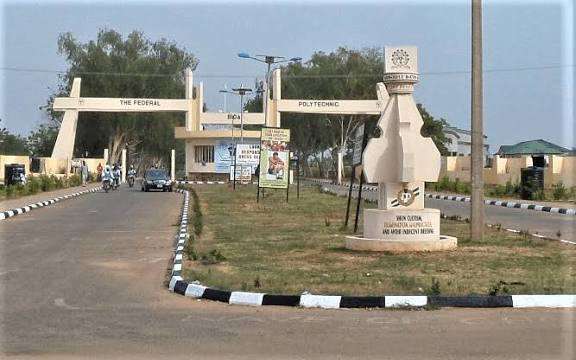Education in Nigeria
Soldiers deployed at Bida Polytechnic as lecturers move to disrupt exam

Tension heightened at the Federal Polytechnic, Bida, Niger State, on Tuesday as soldiers were deployed to secure examination halls following threats by striking members of the Academic Staff Union of Polytechnics (ASUP).
The union, led by Comrade Kolo Joshua, had on September 15 declared an indefinite strike over 18 months of unpaid excess workload allowances. Members were directed to boycott semester examinations and reportedly warned against supervising the exercise.
A staff member told Business Hallmark that soldiers were drafted to protect students and academic staff willing to conduct the examinations.
“The polytechnic started examinations today, and while some staff volunteered to participate, the union had threatened to stop the process. That was why management brought in soldiers to protect students and staff,” the source said.
The development followed a September 13 circular issued by Registrar Hussaini Muhammad Enagi, suspending ASUP’s activities on campus, citing security concerns.
Reacting, ASUP chairman Joshua urged members to vacate the campus “for the safety of lives and property,” insisting the lecturers’ grievances over unpaid allowances remained unresolved. He accused management of intimidation, including issuing queries to union executives, instead of addressing the financial backlog.
Joshua explained that the allowances, unpaid for 18 months under the present rector and 36 months under the previous administration, had left lecturers in hardship and low morale.
However, the institution’s Information Officer, Mallam Abubakar Dzukogi, denied that soldiers were deployed to supervise examinations.
“This is a civil matter. I went round the examination centres and did not see soldiers. Management only ensured the examination held despite the union’s strike,” he said.
The standoff has deepened the crisis between ASUP and management, raising concerns over further disruptions to the institution’s academic calendar.


